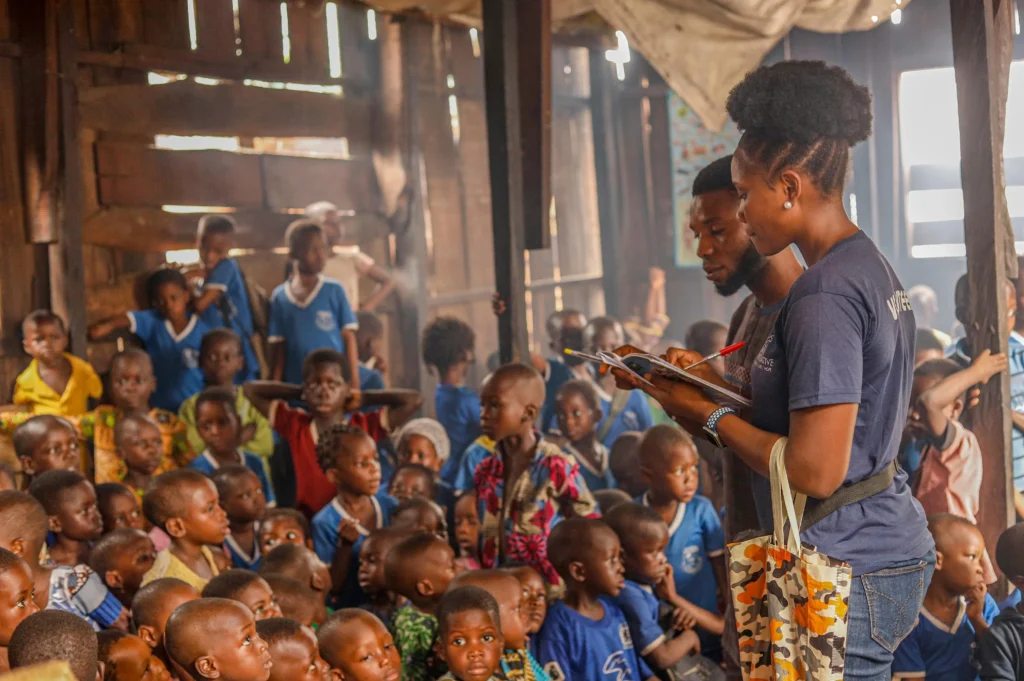In a world often overshadowed by self-interest and personal gain, volunteering stands out as a beacon of hope and compassion. It’s the act of giving one’s time and energy without expecting anything in return, yet its impact reverberates far beyond the immediate act. Volunteering is the cornerstone of community building, personal growth, and societal change. Let’s explore why volunteering matters and how it creates a ripple effect that transforms lives.
Building Stronger Communities
Volunteering is the lifeblood of communities. It brings people together from all walks of life, transcending differences and fostering a sense of belonging. Whether it’s cleaning up a local park, serving meals at a homeless shelter, or tutoring disadvantaged youth, volunteers play a vital role in addressing community needs.
Through volunteering, individuals forge meaningful connections with others who share their passion for making a difference. These connections form the foundation of strong, resilient communities capable of tackling challenges collectively. Moreover, volunteering encourages civic engagement and empowers individuals to take an active role in shaping the world around them.
Personal Growth and Development
Beyond its external impact, volunteering is a transformative journey for the volunteers themselves. It provides opportunities for personal growth, skill development, and self-discovery. When individuals step outside their comfort zones to serve others, they often find themselves challenged and inspired in ways they never imagined.
Volunteering cultivates empathy, compassion, and humility as volunteers interact with people from diverse backgrounds and circumstances. It teaches valuable life skills such as leadership, teamwork, and problem-solving, which are applicable in both personal and professional settings. Moreover, volunteering can boost self-esteem and mental well-being by providing a sense of purpose and fulfillment derived from helping others.
Driving Social Change
At its core, volunteering is a catalyst for social change. By addressing root causes and advocating for marginalized communities, volunteers contribute to building a more just and equitable society. From grassroots initiatives to global movements, volunteering has the power to challenge systemic injustices and drive meaningful progress.
Volunteers serve as advocates for positive change, amplifying the voices of the marginalized and disenfranchised. Whether it’s fighting poverty, promoting environmental sustainability, or advancing human rights, volunteers are at the forefront of shaping a brighter future for generations to come.
The Ripple Effect
The impact of volunteering extends far beyond the immediate beneficiaries or the duration of a single project. It creates a ripple effect that touches lives in ways we may never fully comprehend. A volunteer’s act of kindness can inspire others to pay it forward, creating a chain reaction of goodwill and generosity.
Furthermore, the skills and values gained through volunteering often endure long after the volunteer experience has ended. Volunteers become ambassadors for change, spreading awareness and igniting passion in others. The ripple effect of volunteering transcends borders, cultures, and generations, leaving an indelible mark on the fabric of society.
Conclusion
In a world fraught with challenges, volunteering offers a glimmer of hope and a path towards a brighter future. It is a testament to the power of humanity’s collective spirit and our capacity for empathy and compassion. By volunteering our time and talents, we not only uplift others but also enrich our own lives in ways that are immeasurable.
So, whether you’re a seasoned volunteer or considering dipping your toes into the world of service, remember that every act of kindness, no matter how small, has the potential to create waves of positive change. Together, let’s harness the transformative power of volunteering and build a more inclusive, compassionate world for all.




